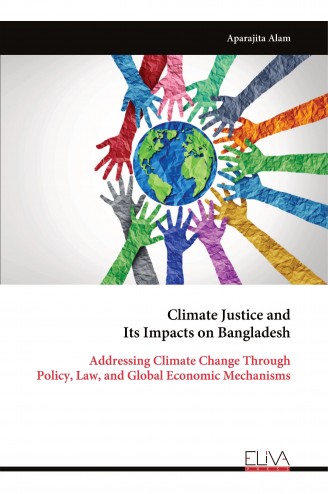Description
This thesis examines the impact of global climate change on Bangladesh. While some action on climate change is being undertaken internationally, such as through policies developed by the United Nations and other regional organisations, Bangladesh must take action to address this issue. This thesis focuses on identifying and prioritising measures to prevent and mitigate climate change impacts on Bangladesh and to formulate a strategic plan. It discusses how the Government of Bangladesh can ensure, in taking such action, that all constitutional and other human rights standards are maintained. Bangladesh does not have any climate change laws per se, so the thesis considers whether its current environmental laws and policies are adequate to address the impacts of climate change and concludes that they are not. Accordingly, this thesis reviews legislation in other jurisdictions as a possible model for relevant legislation in Bangladesh. It also discusses whether economic mechanisms provided for in the international responses to climate change can be utilised to mitigate and adapt to climate change in Bangladesh. Finally, the role of the judicial system and the judiciary in implementing and enforcing the law related to environmental protection and climate change is discussed. The purpose of this thesis is to ensure that ‘climate justice’—the goal of resolving or alleviating the unequal impact of burdens created by climate change—is achieved in Bangladesh. As a result, this thesis aims to articulate and promote the principle of climate justice in the setting of Bangladesh.

